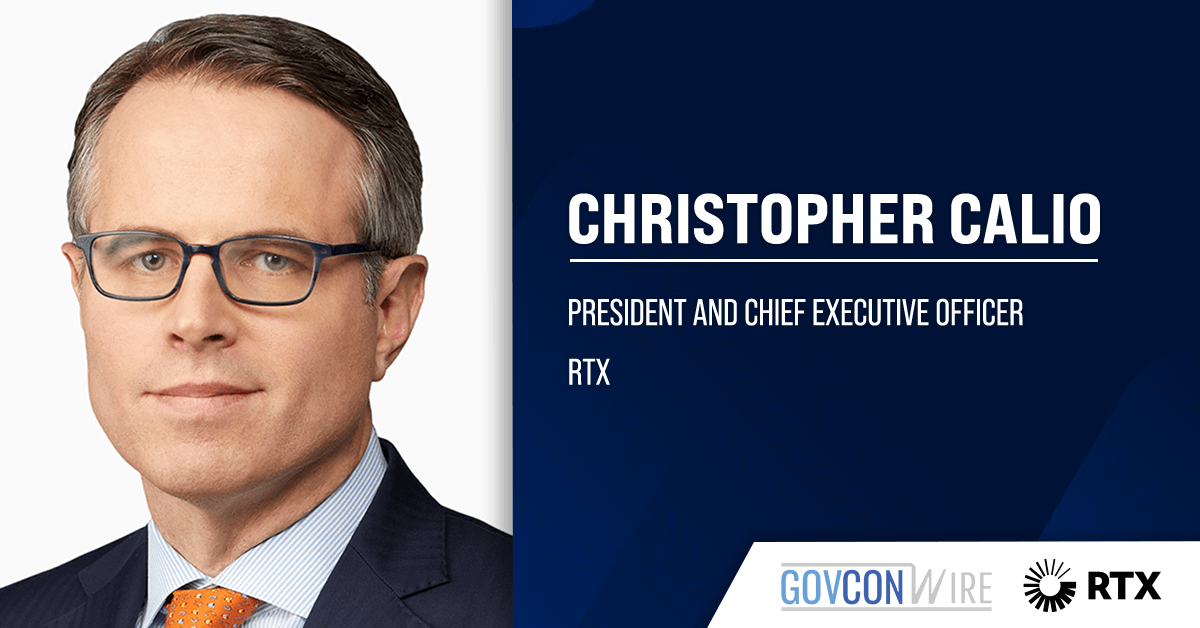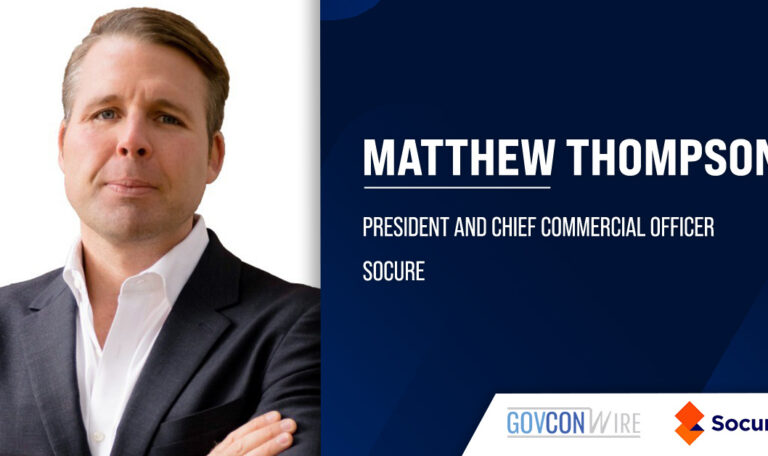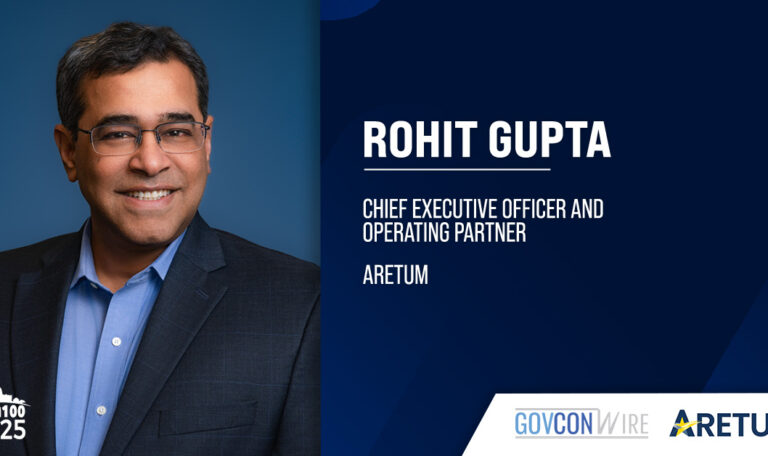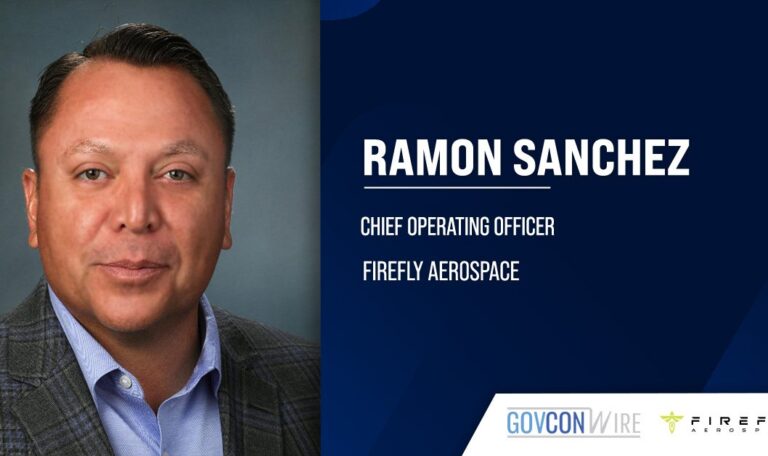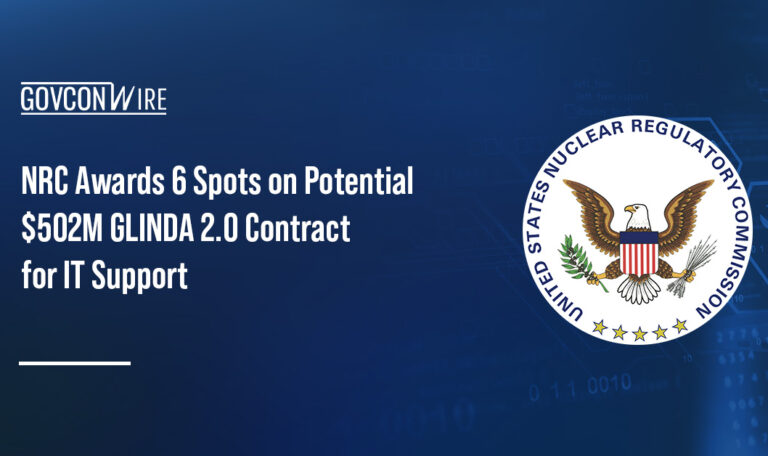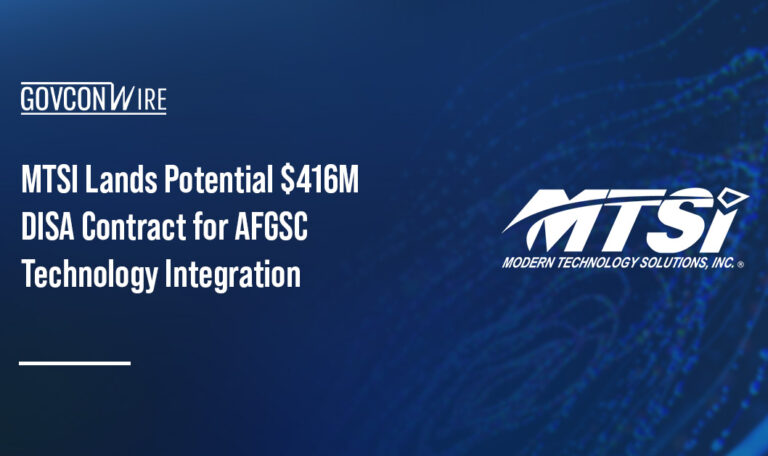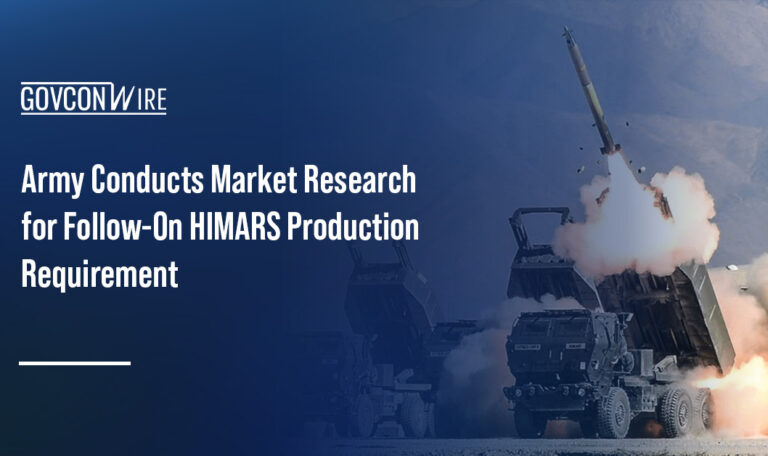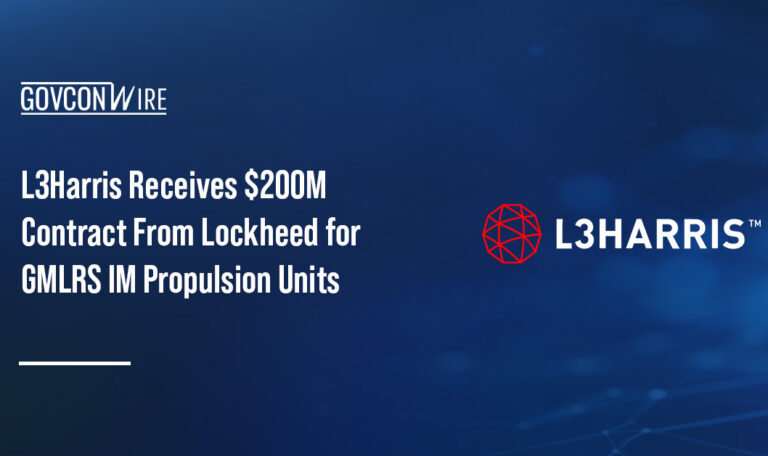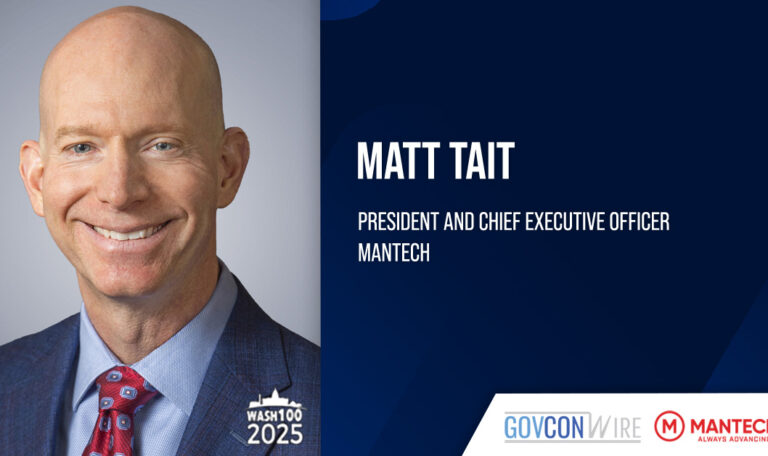RTX reported $21.6 billion in fiscal 2024 fourth-quarter sales, up 9 percent from the prior-year period, and recorded $218 billion in total backlog with the defense segment accounting for $93 billion of that backlog.
For the full year 2024, the Arlington, Virginia-based aerospace and defense contractor said Tuesday it saw its adjusted sales rise 11 percent organically to $80.8 billion and its adjusted earnings per share increase 13 percent to $5.73.
The company reported $1.6 billion in Q4 operating cash flow and $1.54 in Q4 adjusted EPS, up 19 percent from the same quarter the previous year.
Q4 Sales Results of 3 Business Segments
Collins Aerospace reported $7.5 billion in Q4 sales driven by a 13 percent increase in defense and a 12 percent increase in commercial aftermarket.
The contractor’s Pratt & Whitney business saw its fourth-quarter revenue climb 18 percent to $7.57 billion. The growth was attributed to the increase in military and commercial aftermarket sales.
RTX’s Raytheon business logged a 4 percent increase in Q4 sales to $7.15 billion driven by higher volume on air and ground defense systems, including Global Patriot, counter-unmanned aircraft systems and National Advanced Surface-to-Air Missile System, or NASAMS.
Advancing Innovation
During an earnings call Tuesday, RTX President and CEO Christopher Calio discussed the company’s top three strategic priorities, including innovating for future growth.
According to Calio, the company spent over $7.5 billion on company and customer-funded research and development efforts in 2024 to build technologies that address customers’ emerging needs.
“This type of innovation will continue in 2025 as we plan to spend over $7.5 billion again on company and customer-funded R&D to both field new products and develop advanced capabilities that are critical for the next generation of commercial and defense platforms such as fuel efficiency, resilient networks, directed energy, autonomy, AI and advanced materials,” the chief executive told analysts.
Implementing AI
The former RTX chief operating officer cited efforts to implement artificial intelligence applications across the company as well as AI-related benefits realized in various areas, including first-article inspections, product testing and responses to requests for proposals.
“For example, using generative AI, Collins’ avionics business has seen software testing cycle times improve by three times while maintaining our same quality standards. We have a plan this year to deploy another 40 use cases,” Calio noted.
“Through our continued initiatives to leverage machine learning and generative technologies, we expect to improve operational speed, cycle times, and capital utilization while decreasing our dependency on external labor,” he added.
Outlook for Full Year 2025
For the full year, RTX expects to record adjusted sales of $83 billion to $84 billion and free cash flow of between $7 billion and $7.5 billion.
The company also expects to log adjusted EPS of $6 to $6.15 per share.


